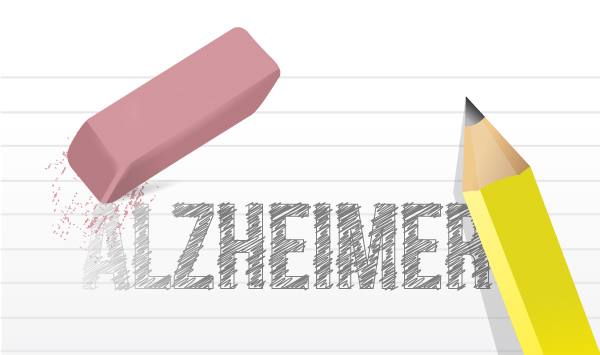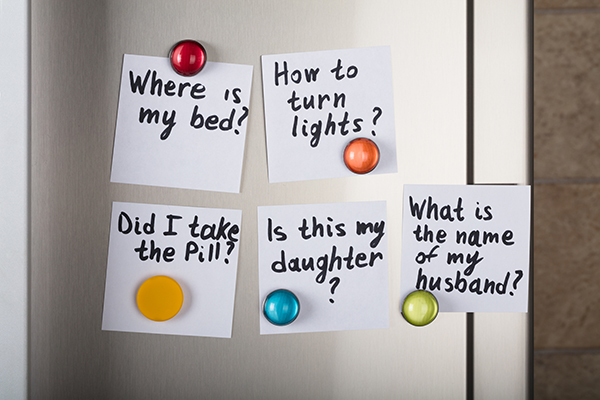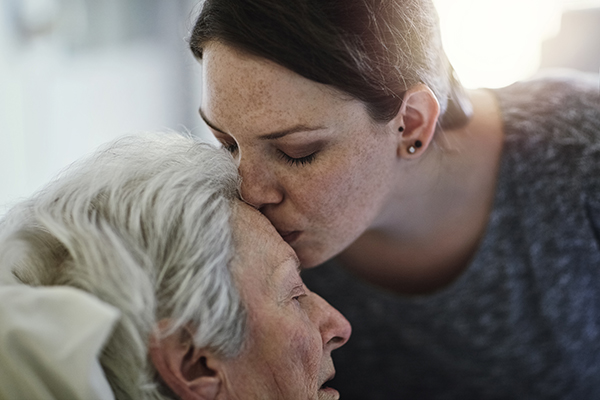
The Female Factor: Why the Diagnosis of Alzheimer’s Disease Remains Higher in Women Than Men Scientists are at long last starting to gain an understanding on the discrepancy between the diagnosis of Alzheimer’s in women and men. Presently, up to 65% of those with Alzheimer’s over the age of 65 in Canada are female, and through a growing body of research, scientists are beginning to believe that biological and social determinants play an important role in the rate of diagnosis. At the recent Alzheimer’s Association International Conference (AAIC) in Los Angeles, Rebecca Edelmayer, the Alzheimer’s Association’s Director of Scientific Engagement, stated, “Women are at the epicenter of Alzheimer’s disease as both persons living with the disease and as caregivers of those with dementia. Over the last three years, the Alzheimer’s Association has invested $3.2 million into 14 projects looking at sex differences for the disease and some of the findings today may explain risk, prevalence, and rate of decline for women.” The longstanding opinion has been that women essentially…

In-Home Care Windsor-Essex: Hygiene Help for Individuals Diagnosed with Alzheimer’s Disease Of the many struggles linked to providing care for a family member with dementia, one of the most prevalent challenges is with personal hygiene, for various reasons: Diminished sense of vision and smell Comfort associated with familiarity (for example, needing to wear the same clothes again and again) The complexities of bathing, compounded by cognitive impairment and confusion Anxiety about falling, the noises and feelings associated with the water, and much more Cajoling, arguing, and reasoning are rarely practical tactics with those impacted by Alzheimer’s or any other form of dementia. Instead, attempt these innovative techniques from the Alzheimer Society in the event your loved one resists maintaining appropriate hygiene: Organize the bathroom in advance so the room will be comfortable and you will not need to juggle obtaining supplies in conjunction with assisting the senior. Warm the room with a space heater, and put soap, shampoo, towels, washcloth, etc. within easy reach, plus…

Important Alzheimer’s and Dementia Updates According to the Alzheimer Society 2017 – 2018 Impact Report, more than 500,000 Canadians are living with dementia. That number is expected to increase by 66% by 2031, to over 937,000 Canadians. Because of this expected growth, it is important for people to know the most up-to-date information and prevalent risk factors. If you are one of the 1 in 5 Canadians who have experienced providing care for a senior with Alzheimer’s or dementia, you’re undoubtably aware of the investment in time required: in fact, 87% of caregivers wish that more people understood the realities of caring for someone with dementia. Key findings from the report include: People who smoke have a 45% greater risk of developing dementia 65% of people diagnosed over the age of 65 are women 1.1 million Canadians are affected directly or indirectly by dementia or Alzheimer’s The annual cost to care for Canadians with dementia is $10.4 billion Of considerable importance in the future of dementia research is…

How Partnering with Windsor Home Care Professionals for Dementia Care is Beneficial Although an incredible number of older adults are struggling with the challenges of Alzheimer’s disease, an even greater number of family members are trying to cope with caring for them. Interestingly, nearly 75% of family caregivers are managing their senior loved ones’ dementia care needs by themselves, with only 26% seeking professional care services. Naturally, families want to do all they can to satisfy their loved ones’ needs, but dementia caregiving can result in a very high level of both mental and physical stress. This takes a toll on the caretakers' own health and wellbeing in the long run, particularly as the disease advances. And many members of the family believe there is an all-or-nothing strategy: either oversee their loved one's needs in the home, or face moving her or him into residential care. Fortunately, Amy’s Helping Hands in Windsor offers an alternative that’s good for seniors with dementia as well as their family caregivers: the addition of an…

Providing Dementia Care at Home? You’ll Want to Read These Tips. At times, the best lessons in life arise through experiencing them firsthand; yet the wisdom we are able to glean from those who have walked an identical course before us is priceless. If you’re providing dementia care at home for a loved one with dementia and becoming a bit weighed down in this uncharted territory, the suggestions below can help: A brief break can make all the difference. If your senior loved one is struggling with challenging feelings, such as fear or anger, it is better to temporarily stop whatever activity or task she is engaged in, and allow the opportunity for a breather. Modify the surroundings by going into a different area or outside if weather allows, play some favorite music, look through a photo album, or point out different birds and flowers. When peace is restored, you should try the task once again, oftentimes with better results. Let go of rationalizing. Hoping to prove a point or win a quarrel is rarely successful when communicating with someone with…

Confusion and Forgetfulness One of the most common concerns and complaints of older individuals, and often the focus of concern of families, comes under the heading of “confusion and forgetfulness.” These two terms are often used together, but this is a misnomer that may lead to problems in terms of understanding what might be happening and how to do a proper and necessary assessment. By Dr. Michael Gordon All of us at some point in our lives experience what might be called confusion, which is to say that we “mix up” one experience or set of facts with another, or mistake one person for another or one event with another. Getting lost while driving might be construed as an experience of confusion, depending on the circumstances. Believing that a destination is east of a street rather than west could occur even in the most cognitively intact person under certain conditions. When individuals and their families talk about confusion, this is worrisome. It usually means that, in what would otherwise be normal and…




















